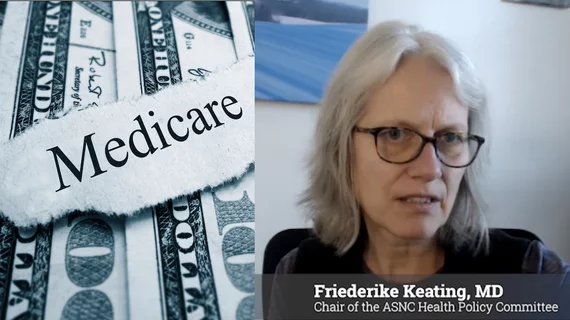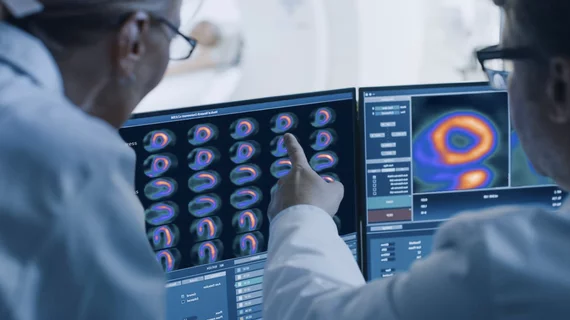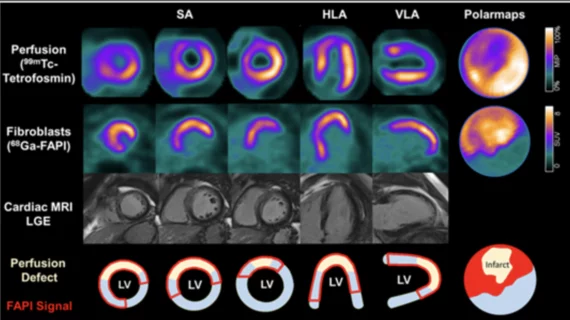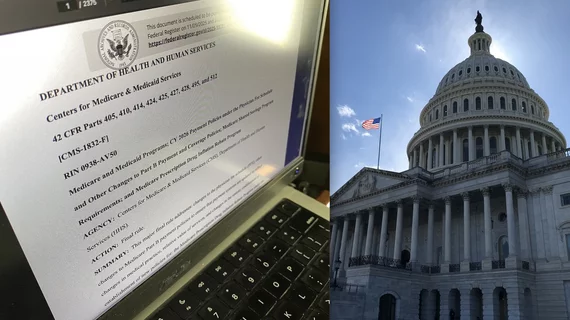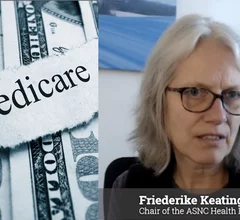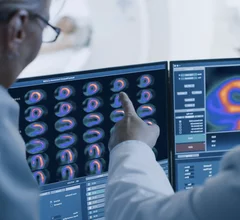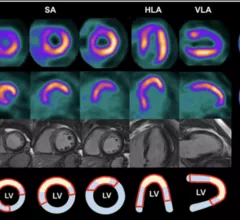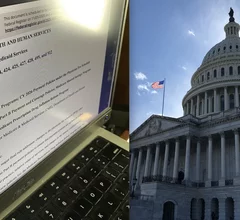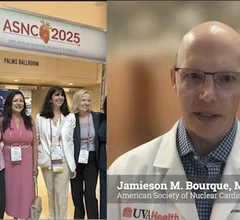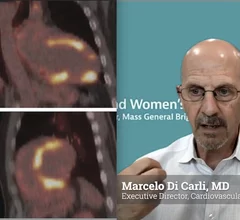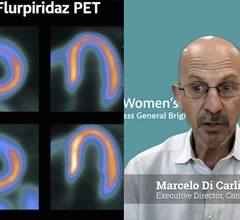American Society Nuclear Cardiology (ASNC)
The American Society of Nuclear Cardiology (ASNC) is the international leader in education, government policy advocacy, guidelines and quality in cardiovascular nuclear imaging. Cardiac SPECT remains the workhorse molecular imaging modality for myocardial perfusion imaging (MPI), but cardiac PET is gaining ground because of its advantages in much shorter exam times and the ability to offer additional information the function of the heart.
Displaying 1 - 8 of 83


